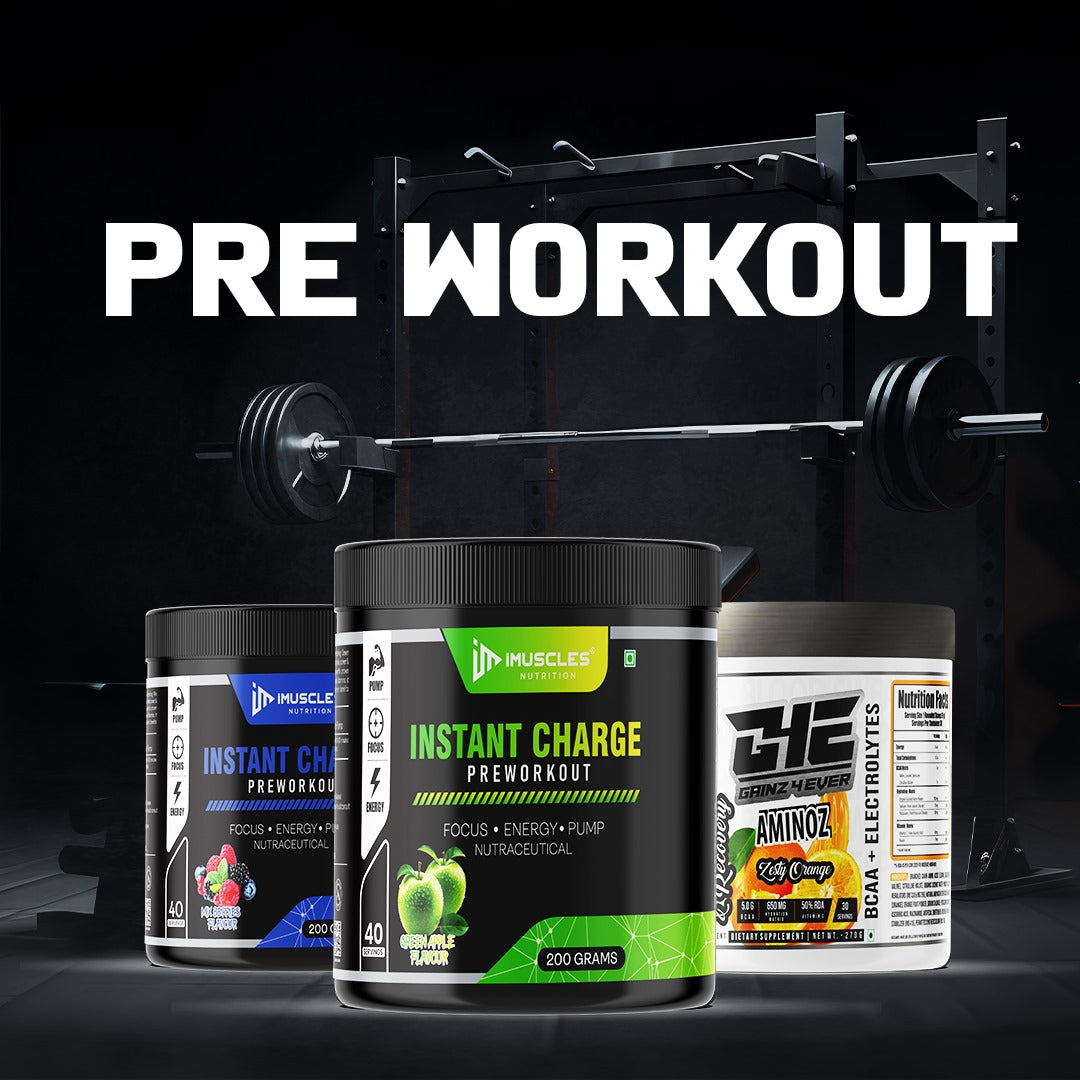
All About Whey Powder The Best Muscle Fuel or a Health Risk in Disguise?
iMuscles NutritionPerhaps one of the most commonly used supplemental sports nutrition products; is whey powder really all it proclaims itself to be, or are there skeletons in its closet? In this article, I am going to cover everything from about muscle building benefits of protein supplement answer all your questions related to amino acids and risks associated with it.
What Is Whey Powder?
In laymans term is simply that whey powder your making from the milk leftover after cheese production. Whey is a by-product of cheese production, made when milk has been processed to form the curds. This liquid is eventually dried and made into powder, which turns out to be the main ingredient of many protein shakes. But this is where it gets a little more controversial—with plenty viewing them as a convenient shot of protein, while others wonder if everybody needs collagen in their life.
What Is Whey Powder Good For?
Whey (Protein) Powder: great for helping to build and repair muscle It is a complete protein source containing all of the essential amino acids, great for recovery after your workout session. It's sold as a must-have for bodybuilders and fitness freaks who want to crush their muscle gains. The question is: do you need a supplement to get results, or would whole foods supply the same benefits without all of extra chemicals and artificial sweeteners that come along with most whey powders?
What Is Whey Powder Made Of?
Whey mainly consists of proteins, lactose while small quantities of fats and carbohydrates are also available. It's also a full protein — meaning that it includes all 9 crucial amino acids. Beyond that, the real question is how it's made. Whey protein powder 101 Whey powder can be divided into three main types: concentrate, isolate, and hydrolysate. Each form has a unique protein profile and digestibility that we will look further into.
Can You Drink Whey Everyday? Whey Protein: Is it Dangerous for Kidneys?
Whey powder daily use is advocated by the fitness industry for best results but can it be consumed every day? So yes, most people can drink whey powder each and every day without a care in the world… provided that fits within your daily dietary protein requirements. Yet, over indulging may exacerbate kidney strain especially in some with pre-existing renal health problems. Mild use is typically harmless, but a diet where every meal features more and more protein must be damaging on the kidneys over time.
3 Different Types of Whey Protein
There are three main types of whey powder:
Whey Protein Concentrate (WPC): This the simplest form which offers 70–80% protein It is cheaper but has higher fat and carb content than many other types.
Whey Protein Isolate (WPI): The purest form with 90% protein or more, so higher in protein and very low fat/lactose making it suitable for lactose intolerant clientele
Whey Protein Hydrolysate (WPH) — This is pre-digested so it gets absorbed fast. This is often marketed to athletes who need quick recovery, but it comes with a hefty cost.
Conclusion
Using whey powder as part of a balanced diet can allow you to meet your protein goals and improve muscle recovery. Don't overdo it, and gauge how your body feels before doing this daily. We can agree: After all, supplements are supposed to supplement your diet — not replace it. The bottom line? Whey powder indeed is effective but just like any supplement, it's not a one size fits all solution.
FAQ: All About Whey Powder
1. What is whey powder?
Whey powder is a protein supplement derived from whey, the liquid byproduct of cheese production. It is rich in essential amino acids, making it a popular choice for muscle recovery and growth.
2. How does whey powder help with muscle growth?
Whey powder provides a high-quality source of protein that promotes muscle protein synthesis. Its fast digestion rate makes it an ideal post-workout supplement for muscle repair and growth.
3. Is whey powder safe for everyone?
For most people, whey powder is safe when consumed in moderation. However, individuals with lactose intolerance or dairy allergies should avoid it, as it may cause digestive discomfort.
4. Can whey powder cause health risks?
When consumed excessively, whey powder may lead to kidney strain, digestive issues, or unwanted weight gain due to high-calorie content. It is important to consult with a healthcare provider to determine the right intake.
5. How much whey powder should I consume daily?
The recommended daily intake of whey protein typically ranges between 20-30 grams, depending on your fitness goals, activity level, and protein requirements.

